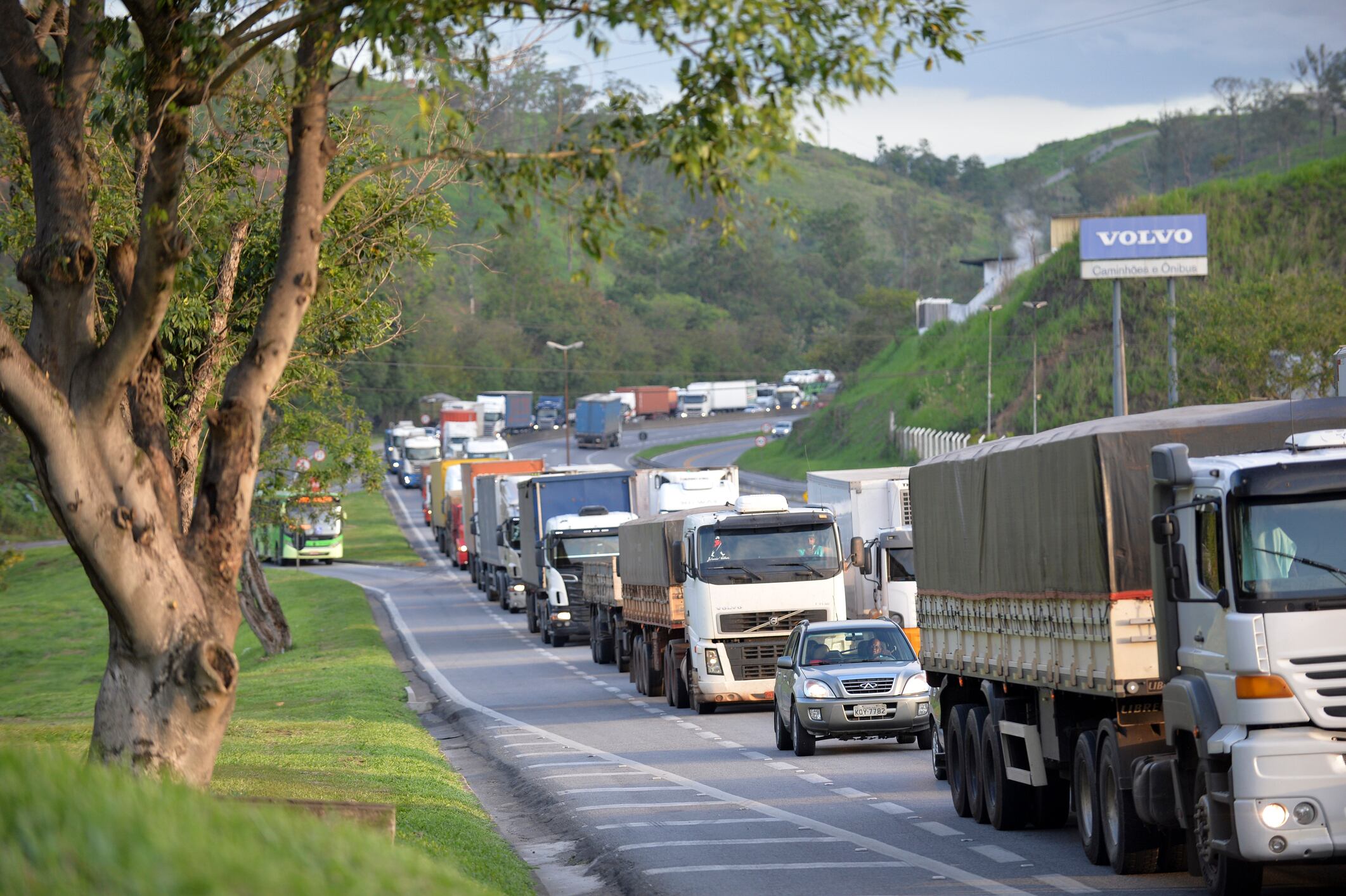Nestlé posted just 1% organic growth in North America and Latin America (Zone Americas) for the first six months of 2018 (H1), with reported sales down 3.6% at CHF14.2bn (US$14.28bn) versus CHF14.7bn (US$14.78bn) the previous year. Global sales for the FMCG major totted up at CHF43.9bn (US$44.15bn) for H1.
Speaking in the company's recent H1 earnings call, Nestlé CFO François-Xavier Roger said: “Latin America had positive organic growth, but slowed compared to the prior year because of lower pricing and the strike in Brazil. Pricing was still negative in the half, but improved significantly in the second quarter.”
Brazil – a 'challenging trading environment'
On May 21 earlier this year, self-employed truck drivers across Brazil launched a 10-day strike and protest over rising diesel prices set by state-controlled oil company Petrobras. Brazil subsequently ground to a halt with thousands of road blockades sparking food, medicine and fuel shortages and shutting down many schools and universities. A number of cities and states, including São Paulo and Rio de Janeiro, declared a 'state of emergency'.
The food and beverage industry suffered significant losses, particularly the dairy sector, with many operators taking an entire month to return distribution activities to normal.
At the time, Nestlé told FoodNavigator-LATAM its milk sourcing operations in Brazil were hardest hit and, like many, the company had “faced difficulties” in the wake of the strike.
Speaking to analysts on the earnings call, Roger said the strike had “temporarily disrupted operations and distribution” in Brazil and said this was particularly true for the milk business.
Responding to an analyst's question, he said: “We lost, indeed, significant volume in the month of May,” much of which would unlikely be recovered.
There remained “some uncertainties” on the recoverability of these lost volumes, he said, and overall this slowed regional growth.
“We recovered more than anticipated in June, but overall this reduced organic growth in AMS (Zone Americas) by around 80 basis points in the second quarter and 40 basis points in the six months.”
Industry-wide hurt
According to the Brazilian Dairy Products Association Viva Lácteos, the country's dairy sector alone lost R$1.3bn and threw away more than 360m liters of milk because of the strike.
The Brazilian Association of Food Industries (ABIA) described losses as “incalculable”, with tons of food lost that could “never be recovered”.
Grupo Bimbo also recently acknowledged the strike had contributed to slower sales in its second-quarter across Latin America. Sales in the region rose just 1.2% for Q2.


